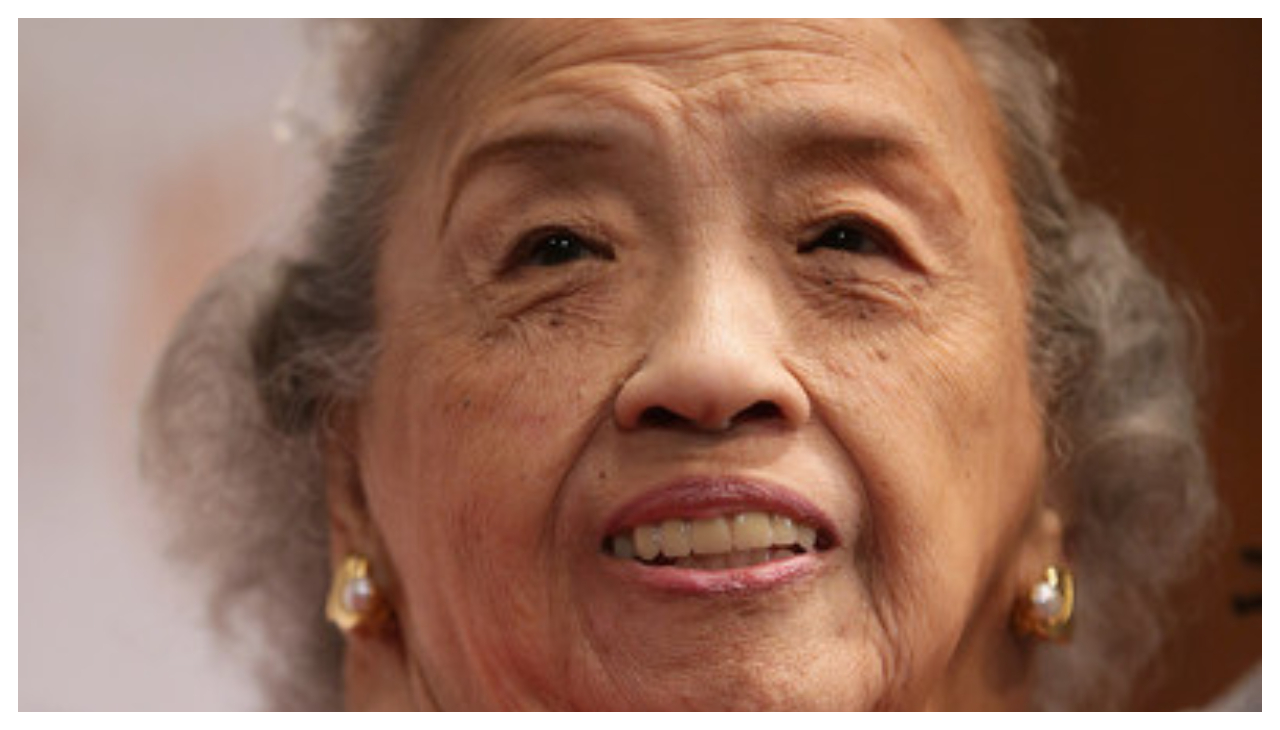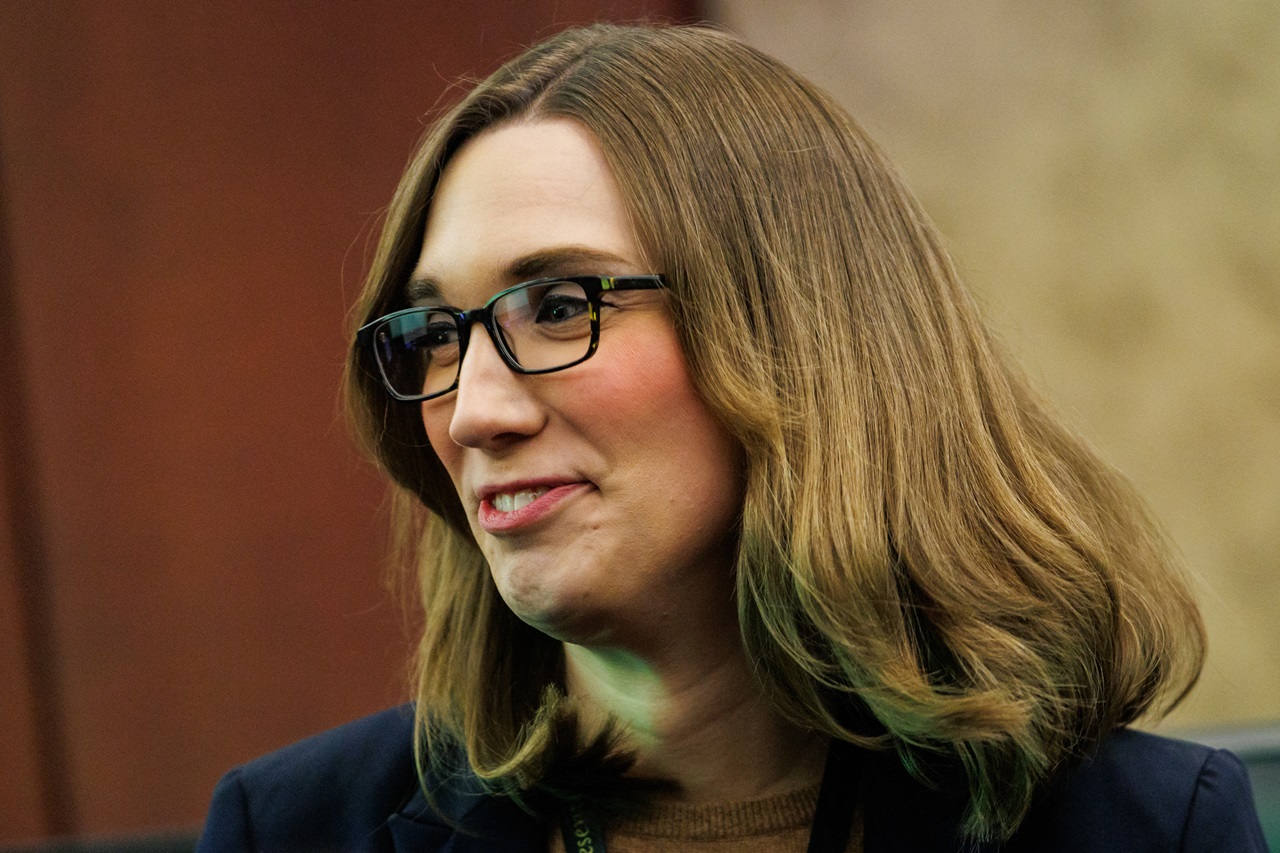
Cecilia Marshall, widow of Supreme Court Justice Thurgood Marshall, dies at 94
Cecilia Marshall, a civil rights activist and the widow of Supreme Court Justice Thurgood Marshall, has died at the age of 94.
Her death Tuesday was announced by the U.S. Supreme Court, and confirmed by her son, Thurgood Marshall Jr.
Marshall worked as a stenographer for the National Association for the Advancement of Colored People (NAACP), where she worked from 1948 to 1955. She also volunteered at a church and served on boards for the Supreme Court Historical Society, as well as the NAACP Legal Defense Fund.
During a 2016 interview with The Washington Post, she expressed gratitude for being sent to work at the NAACP.
“To this day, I thank [the clerk], because had it not been for her, I wouldn’t have known anything about a race problem,” Marshall said at the time.
Marshall was born Cecilia Suyat in Maui, Hawaii, on July 20, 1928 to Filipino parents who immigrated to the United States in 1910. Raised in Hawaii, she was later sent to move to New York City, where she attended Columbia University to become a stenographer.
While working for the NAACP, Marshall worked on a variety of court cases, including the landmark Brown v. Board of Education which ruled racial segregation in schools unconstitutional.
In 1955, Marshall married her husband Thurgood Marshall, who at the time was the leader of the NAACP Legal Defense Fund.
A dozen years later in 1967 — after roles in the U.S. Court of Appeals and as solicitor general — Marshall broke barriers as the first Black Supreme Court Justice in the United States, after being appointed by President Lyndon Johnson.
CONTENIDO RELACIONADO
He’d remain on the bench until his retirement in 1991.
Throughout her husband’s 20-plus years on the Supreme Court, Marshall faithfully supported him through some of the most trying times, including his contentious Supreme Court confirmation hearing.
After her husband died in 1993, Marshall made sure to keep his legacy alive.
When news of her death broke, the Legal Defense Fund wrote a statement, describing Marshall as “a tireless devotee to the cause of equal justice.”
Justice Elena Kagan, who worked as a former aid and law clerk to Justice Marshall in the late 80s, wrote about his wife, “She was a marvelous woman, and we all loved and admired her. The community of TM [Thurgood Marshall] clerks will today feel a great loss.”
Marshall is survived by her two sons, Thurgood Marshall Jr. and John Marshall, four grandchildren and three great-grandchildren. According to the Supreme Court, her funeral proceedings are still pending.










DEJE UN COMENTARIO:
¡Únete a la discusión! Deja un comentario.